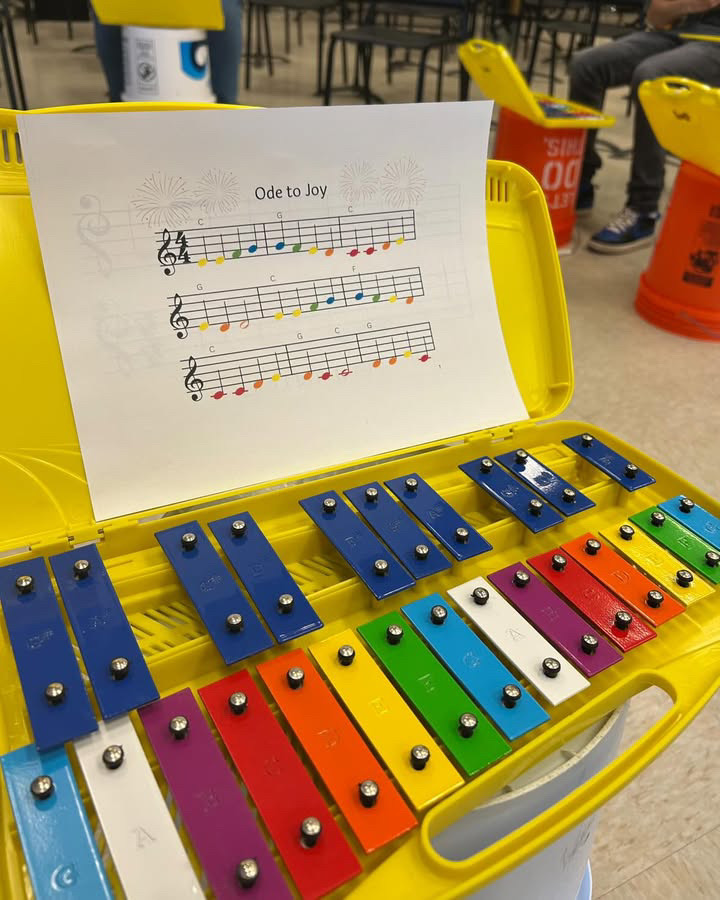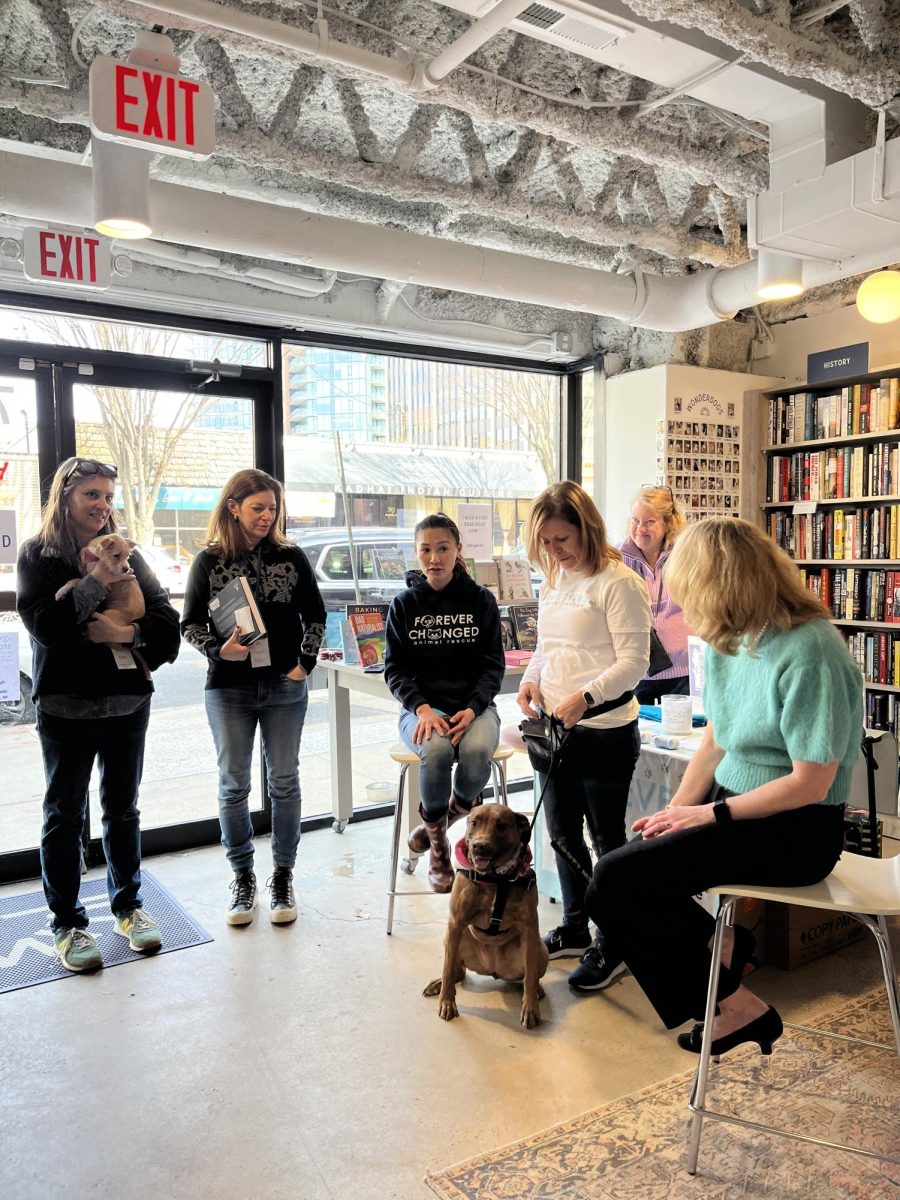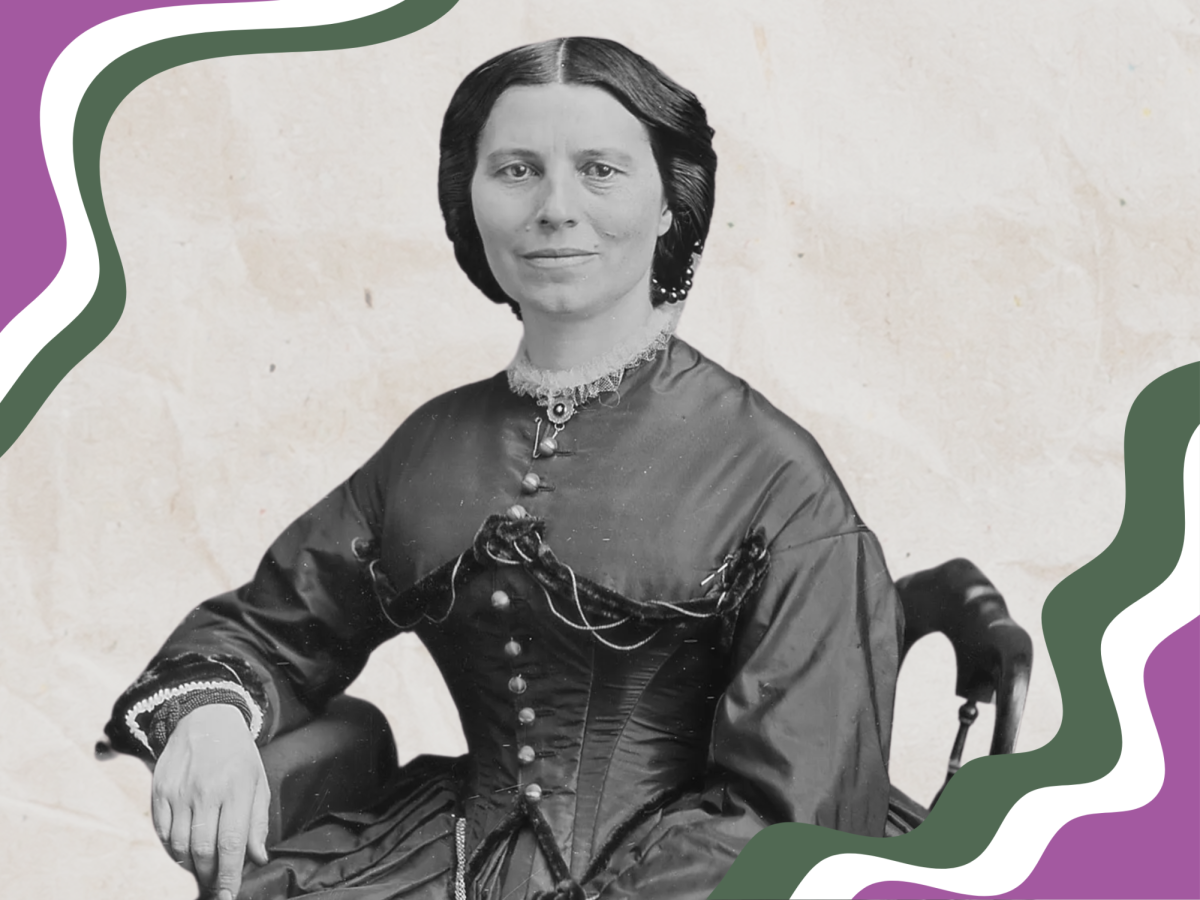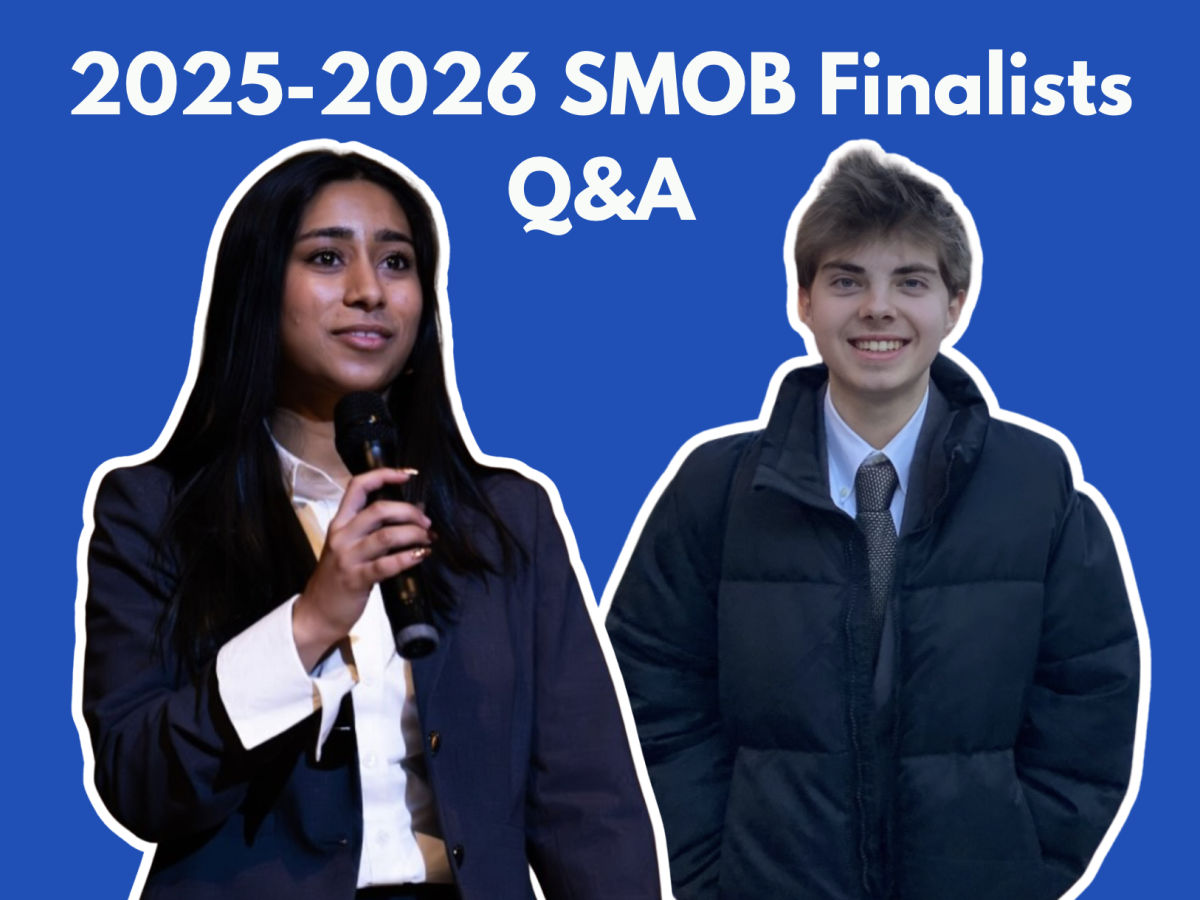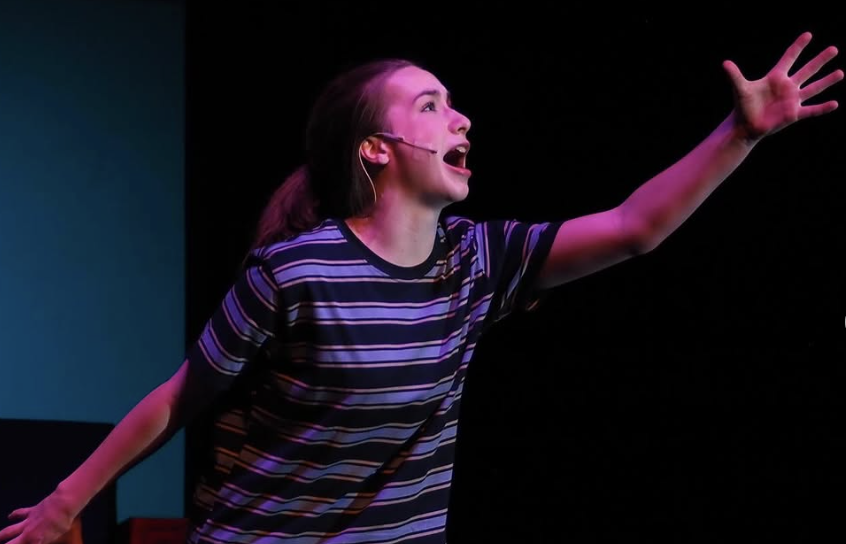In the span of 24 hours, a space shuttle orbits the earth 16 times, a season of the TV show “24” comes to an end and six original 10-minute plays are written, rehearsed and performed.

The seventh annual Play in a Day will take place at Imagination Stage Feb.11. Bethesda Urban Partnership, a non-profit organization that manages downtown Bethesda, runs the show.
Along with the time constraint, professional acting companies are given one mandatory line of dialogue, a prop and a theme, but there are two sets of each for variation in the plays. The lines of dialogue come from sources as varied as Monty Python and Dr. Seuss, and the performances are judged by a panel of local theater artists.
Flying V, a relatively new Bethesda theater company, is participating in Play in a Day for the first time this year. Jason Schlafstein, the director of Flying V’s play, was both a writer and director of Play in a Day in the past, with a different theater company.
“This year, I entered my own company, now that we’ve gotten ourselves situated in the area and done a year’s worth of shows,” Schlafstein said. “We’re also operating out of Bethesda, so it seems like a really great opportunity to introduce ourselves to the local community that may not have gotten a chance to experience us yet.”
Actor Tyler Stoltenberg performed in Play in a Day in 2009 and 2010 for Imagination Stage and said he thinks that the line of dialogue is the hardest restriction to work with in such limited time.
“The prop might be a little easier because you can kind of be creative with it,” Stoltenberg said. “I remember in one of the years, the prop was a parking cone, and one group turned it into a nuclear bomb or something like that. I think the line might be a little harder because you have to work it into the plot of the piece.”
Play in a Day draws around 300 people every year. The audience enjoys the creativity of the theater groups, said Valerie Hillman, marketing and communications manager at Bethesda Urban Partnership. There is a question and answer session at the end of the performances to give the audience members a chance to interact with the actors, writers, and directors, and ask about the writing and acting process.
Schlafstein said he loves the experience and as a writer, the difficult time limit can even be useful in some ways.
“If anything, it’s almost like a sprint and you have to just do it,” Schlafstein said. “I think it can be really useful for people to just cut through to the craftsmanship and the creativity and the discipline of it. It makes for some really interesting work at times and it’s also useful to immerse yourself in the creative process without having any place to escape from it.”



